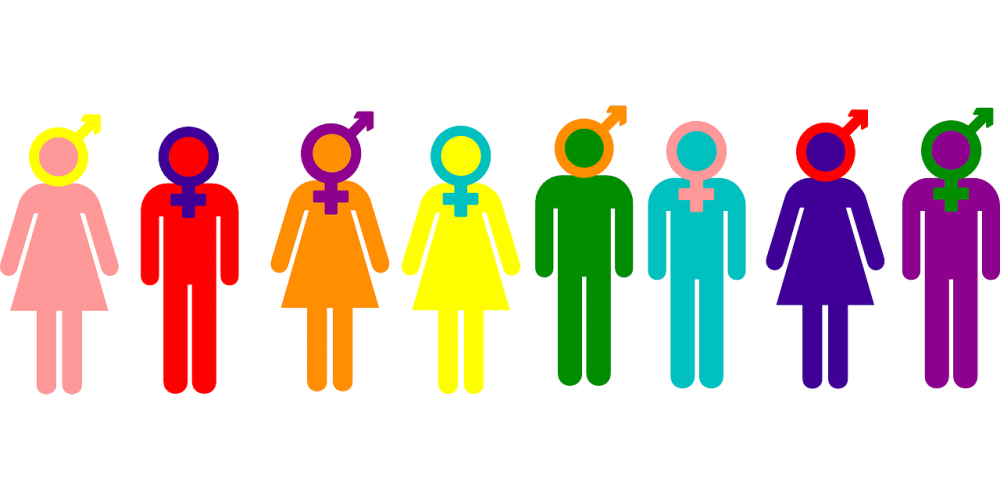A case note on Re Isaac, in which a 17 year old child with gender dysphoria was granted sole reponsibility to make decisions for himself about medical treatment based upon evidence that he displayed sufficient maturity, and had sufficient understanding and intelligence to fully understand what is proposed.
Author: Sonia Allan
____________________
Case Note:
In Re Isaac [2014] FamCA 1134, the Family Court of Australia ordered that a 17 year old child with gender dysphoria have sole parental responsibility in relation to all medical decisions concerning himself. The applicant, referred to as Isaac (not his real name), was born a female but for a number of years had identified himself as a male. His parents had sent him to Australia in 2009 to live with relatives, but he had since left their care and was living in refuge accommodation.
His application to the Court concerned whether he could be considered ‘Gillick competent’ and therefore able to consent to medical procedures that would resolve his identity difficulties. Gillick competence (named after a UK case in which the principle was established)[ref]Gillick v West Norfolk AHA [1986] AC 112, 188-189[/ref] refers to the situation in which a mature minor is able to consent to medical procedures themselves, despite the general position that parents have the responsibility for medical decisions until the child turns 18. Gillick competence was approved in Australia by the High Court in Marion’s Case (1992)[ref]Marion’s Case 175 CLR 218 at 237-238.[/ref]
In order for Gillick competence to be found, a child must display sufficient maturity, and have sufficient understanding and intelligence to fully understand what is proposed. The unanimous evidence submitted to the Court in Isaac’s case from medical experts was that he had such competence to make decisions about the treatment that he wished to undertake. The evidence was such that ‘he had consistently engaged in sophisticated discussion around the issues of his gender identity, options for medical treatments and long term consequences of treatment in terms of physical and psychological health and wellbeing. He was able to engage in detailed discussions of options for fertility preservation. He had sought appropriate clarification and asked relevant questions when he needed to.'[at 25]
Isaac’s parents had treated him as though his gender identity was an illness, and had wanted him to return to them overseas to be ‘cured’ by his uncle. He was fearful of being sexually abused, and had remained in Australia.
Justice Cronin, in considering the relevant sections of the Family Law Act held that ‘[i]t is conceivable that general parenting responsibility could and perhaps in this case, should, be given to Isaac where his parents live overseas and he is largely self-reliant’ [at 33]. Further, in the particular case, there was no evidence that would have enabled the Court to find that the parents of Isaac were acting in any parenting capacity, they had ‘distanced themselves from him and [were] critical of his way of life and decisions.’ They provided no financial or emotional support to Isaac, and he did not seek that assistance. Rather he was self-reliant.
Cronin also noted the fact that Isaac was in that transition phase from childhood to adulthood and that he does not need his parents’ protection or permission.
In closing he held that he considered Isaac as quite capable of making medical decisions, that it was in his best interests to have the responsibility to make medical decisions. To the extent that Isaac sought a declaration about his competence, Cronin J was of the view that the order of sole responsibility sufficed.[at 49]
A newspaper article published in the Age reporting on the story quoted Isaac as saying ‘I am not suffering from gender dysphoria, I am suffering from social stigma, prejudice and discrimination against trans and gender diverse people’.[ref]Timna Jacks, ‘17-year-old given power over his parents for gender dysphoria treatment’ The Age, February 8, 2015.[/ref]
——————
See further discussion of consent to medical treatment for children and young people here.

